The iPhone Air has captured attention worldwide—not only for its ultra-slim design but also for its resilience. Independent durability tests suggest that this may be Apple’s strongest iPhone to date, combining elegance with toughness in ways previous generations could not.
What the Tests Showed
- In controlled bend tests, the iPhone Air withstood more than 215 pounds (around 98 kilograms) of force before showing any signs of failure. Even after this pressure, key components such as the display and back glass remained functional.
- When bent by hand, the phone flexed slightly but quickly returned to its original shape, showing no signs of permanent deformation.
- Scratch resistance was also noticeably improved. The new Ceramic Shield 2 glass resisted visible scratches under most everyday stress, such as contact with keys or coins, and only showed light marks under extreme conditions.
What Makes It Strong
- The frame is built with Grade 5 titanium, significantly stronger than aluminum or older steel components, giving the phone extra rigidity against bending.
- The second-generation Ceramic Shield glass now offers more comprehensive protection, extending not just across the front but also across key parts of the back.
- Internal reinforcement through optimized component placement and structural support helps distribute pressure more evenly, reducing weak points that often cause breakage.
Trade-Offs & Caveats
- Despite its strength, the ultra-thin design comes with compromises. Battery life is shorter compared to Apple’s larger Pro models, especially during intensive use.
- A slim profile also means higher sensitivity to accidental drops. While the phone resists bending well, impacts on hard surfaces can still cause damage.
- Scratch resistance is strong but not absolute. Harder materials, such as sand or certain metals, can still leave marks under enough pressure.
What This Means for Users
For many, this represents a turning point. Apple has managed to address long-standing durability concerns that date back to the “bendgate” era. Consumers who rely on their phones in pockets, bags, or on the go will likely appreciate the Air’s resilience.
That said, users seeking long battery endurance or professional-level performance may still lean toward bulkier Pro models, which offer extended power and additional camera features. The iPhone Air, however, strikes a new balance between sleek design and reliable durability.
Bottom Line
The iPhone Air proves that thin doesn’t have to mean fragile. With its titanium frame, advanced Ceramic Shield, and thoughtful internal design, it sets a new benchmark for Apple’s smartphone durability. While no phone is completely indestructible, the iPhone Air is Apple’s toughest device yet.

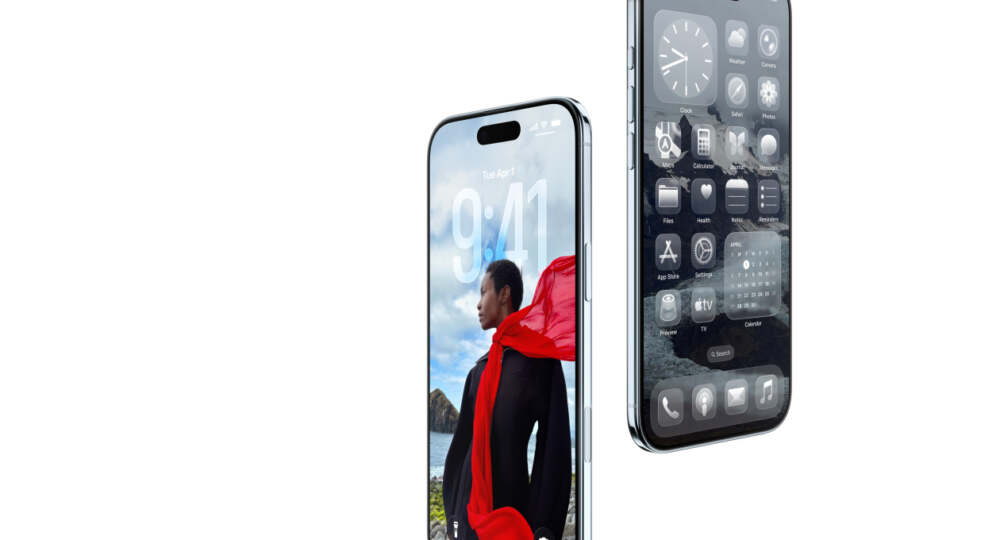

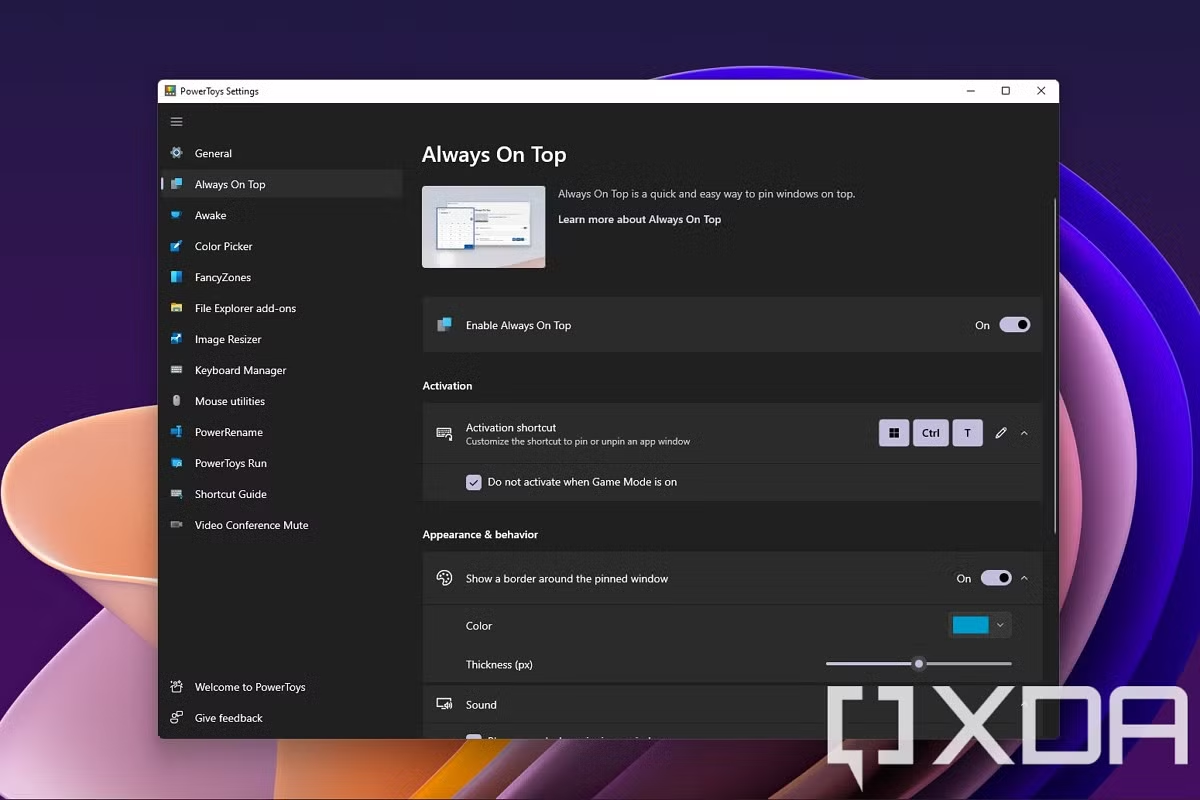
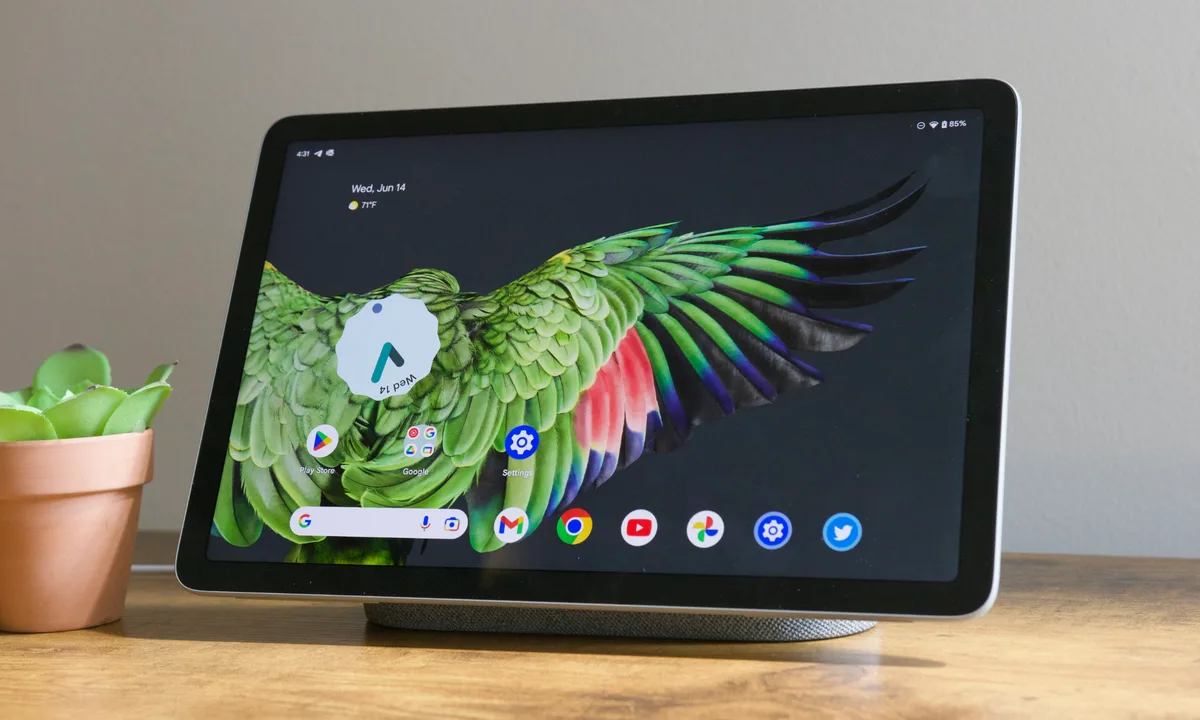

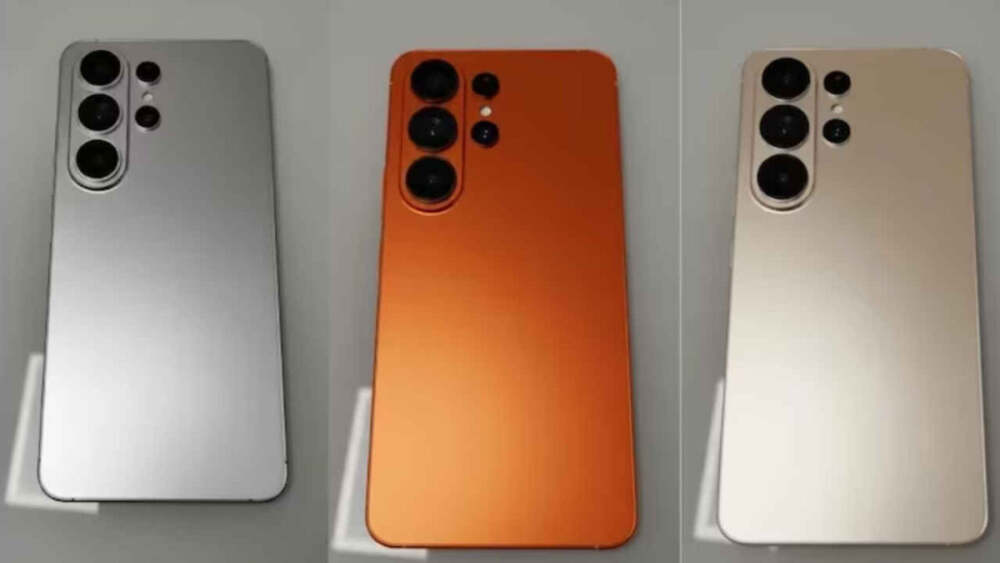
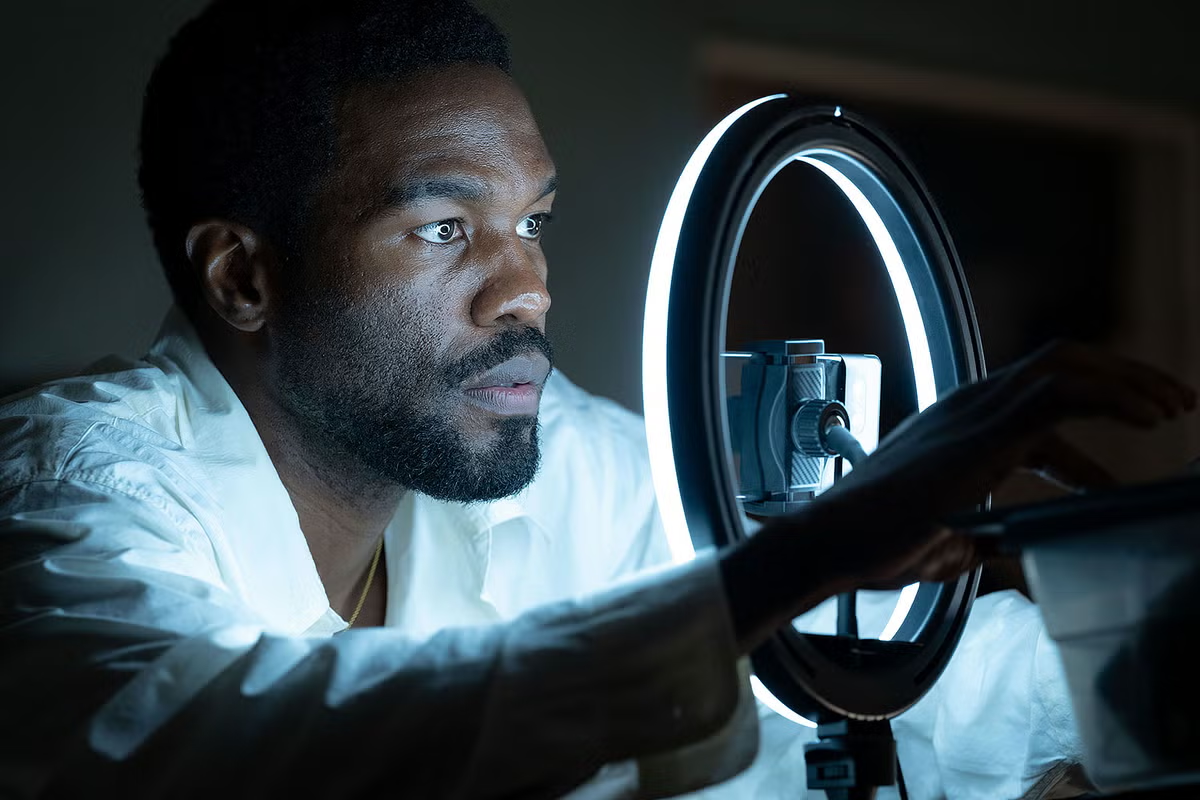
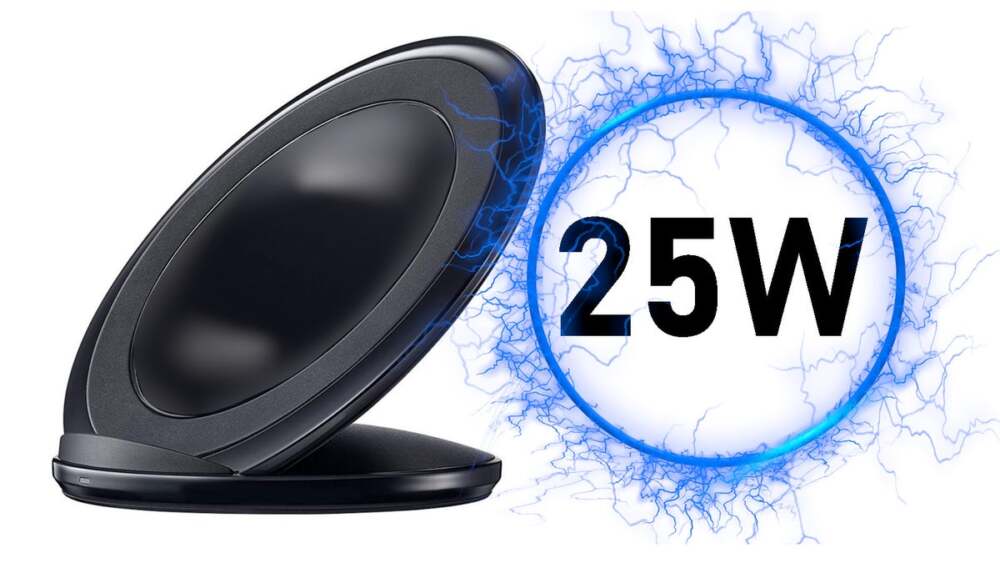
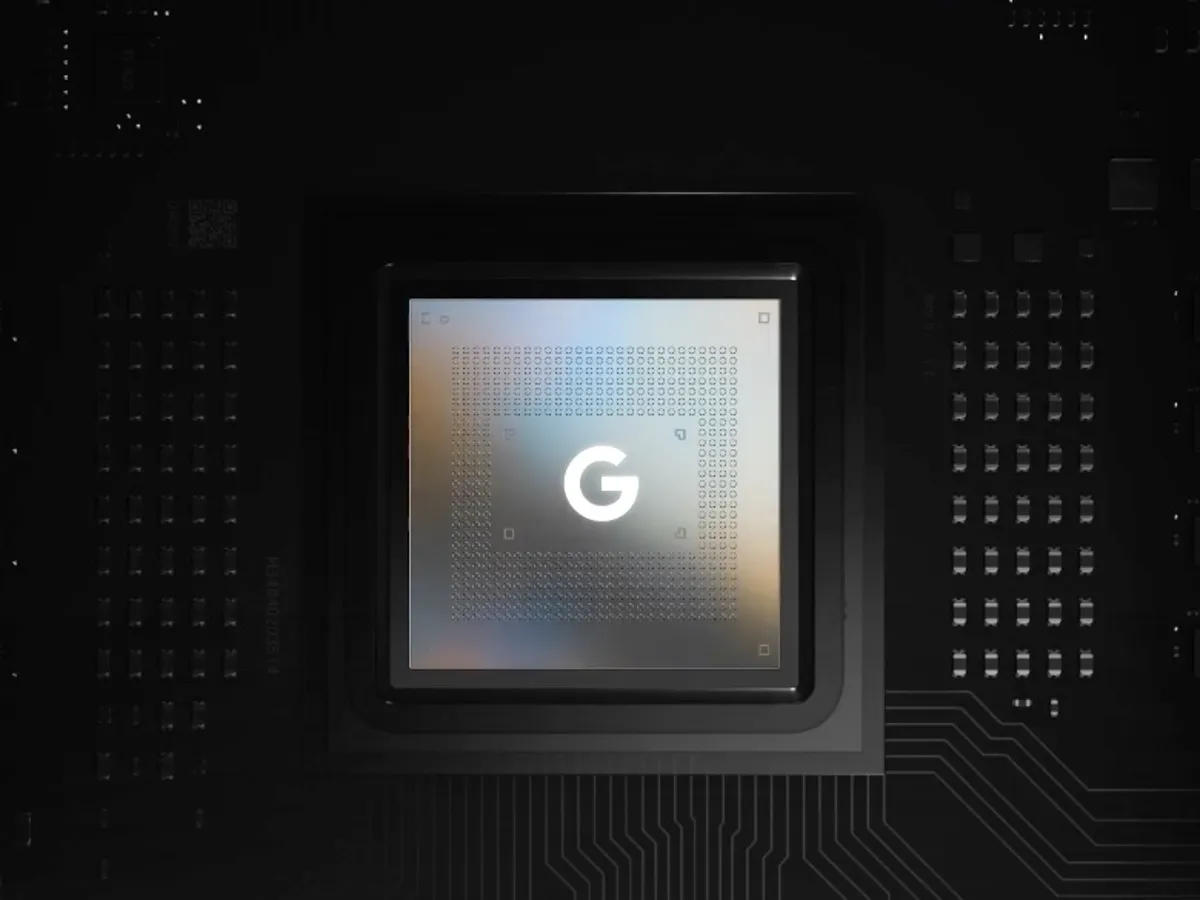
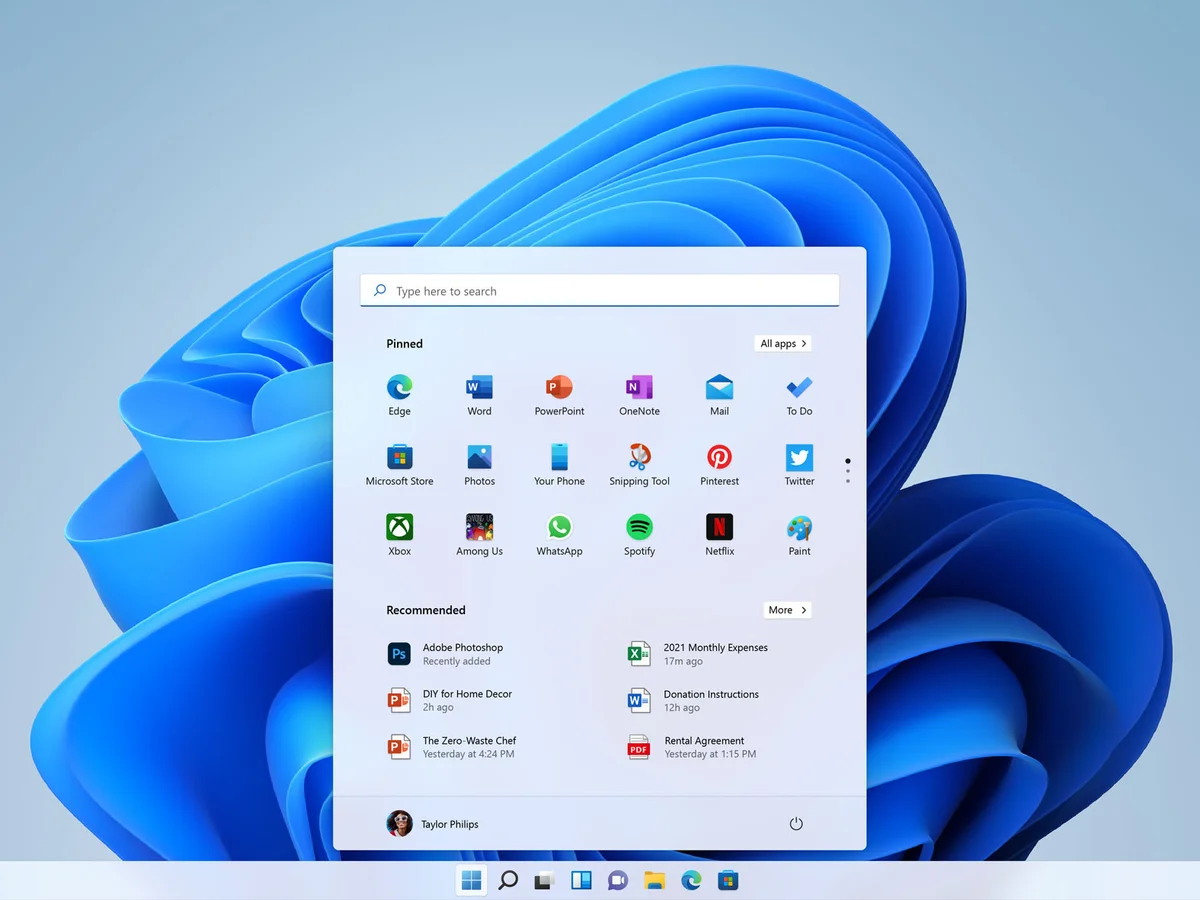
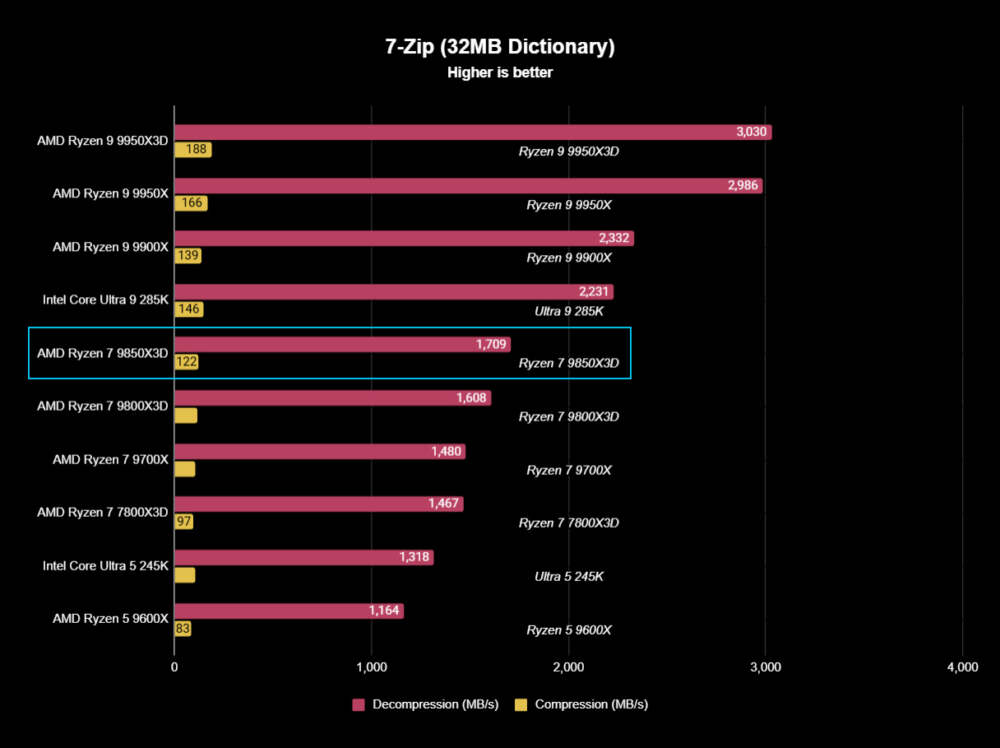




Leave a Reply